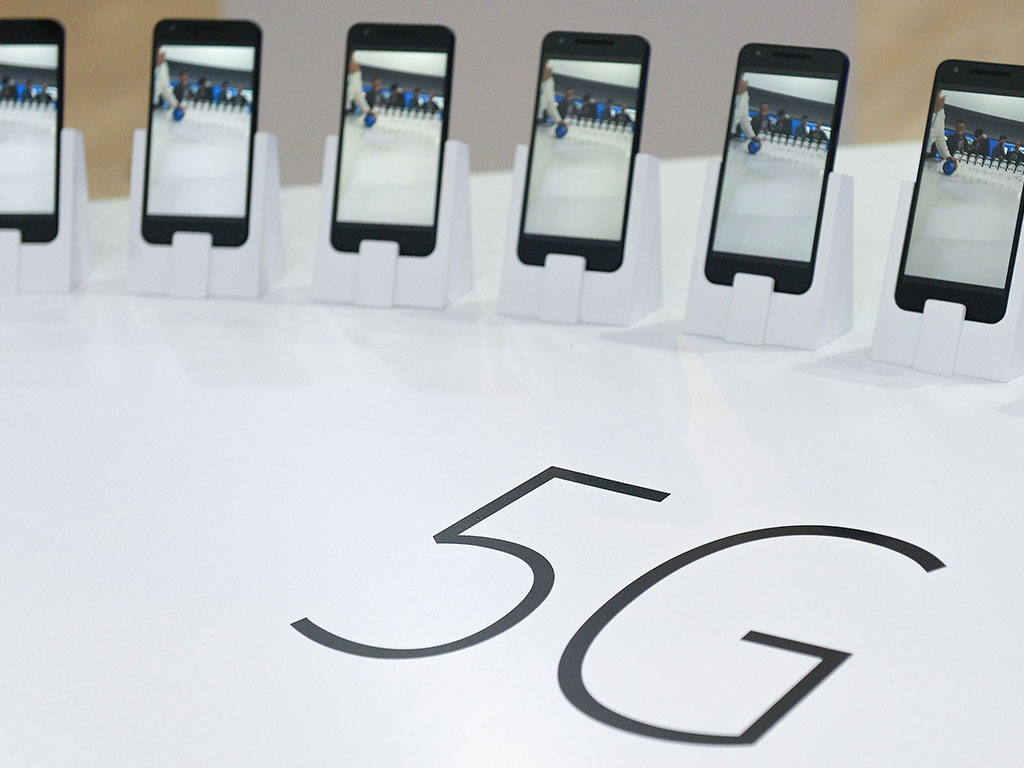Europe must beat the US and China to 5G
European executives at the Mobile World Congress have called on policymakers to develop a common framework for 5G technology

Smartphones with 5G on display at Mobile World Congress 2016. European mobile executives have called on governments to establish rules for 5G, or else risk being leapfrogged by China and the US
Mobile executives in Europe have underlined the importance of common standards for new 5G technologies in facilitating plans to offer next generation data speeds. Speaking at Mobile World Congress in Barcelona, Vodafone’s Chief Executive Vittorio Colao said it best when he warned: “China and the US will lead, simply because we don’t yet have rules around spectrum and access that are uniform across Europe.”
Nokia said it expected a shift to “5G-ready” wireless networks as early as next year
With 5G technology, networks will be able to handle billions more connections at any given moment and extend the Internet of Things. Ericsson said it expects 150m users to be on 5G networks five years from now, while close rival Nokia said it expected a shift to “5G-ready” wireless networks as early as next year.
The European Commission (EC) last month called on telecoms groups to build a workable 5G development strategy in the hope that European mobile companies will be among the first to develop the next generation of mobile technology.
“Europe had a success story with 3G”, said Spanish MEP Pilar del Castillo, in an EC statement. A 5G standardisation framework will be worked out this year and will showcase the first results by 2018. The hope for now is that Europe can make good on its traditional industry dominance and take the lead on “the main technological revolution of recent decades”, according to the EC.
In an interview with industry website Light Reading at the Mobile World Congress, Colao said: “I would be very focused on making sure the standards are designed in the interests of European operators and on making sure the release of spectrum and the rules around access, privacy net neutrality and so on are the same across Europe.”













